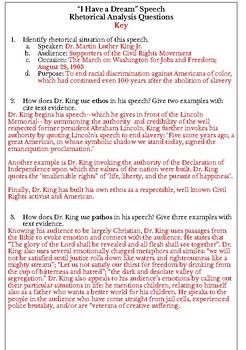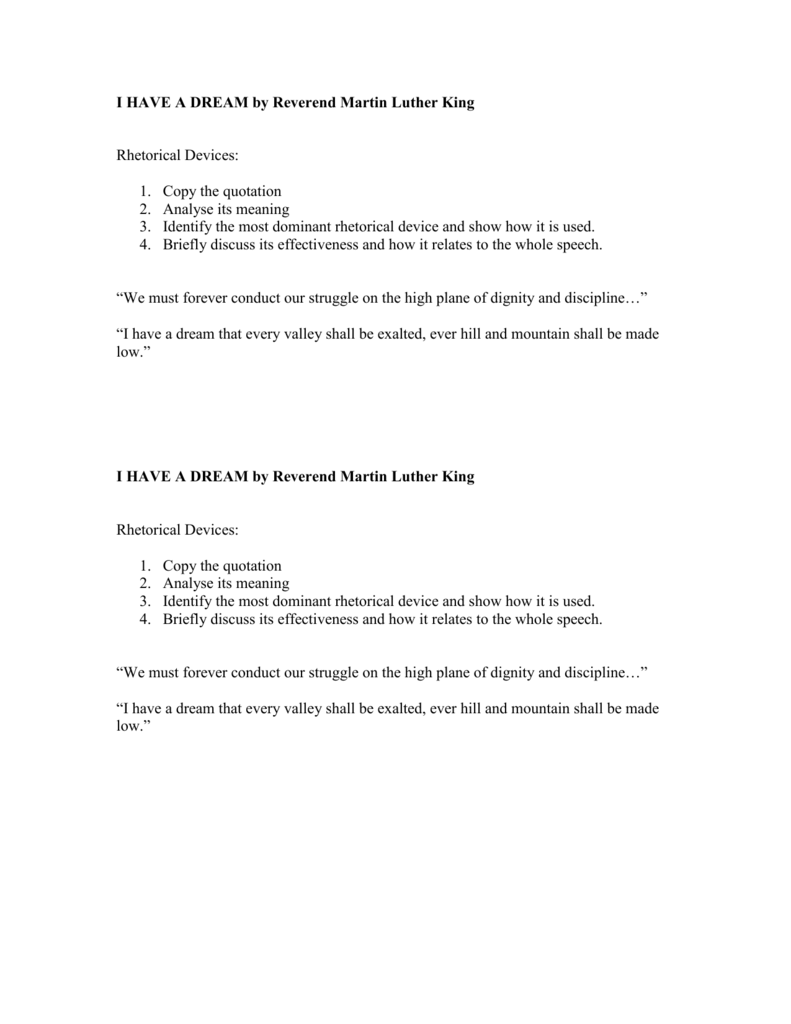

īeginning with a reference to the Emancipation Proclamation, which declared millions of slaves free in 1863, King said "one hundred years later, the Negro still is not free". Delivered to over 250,000 civil rights supporters from the steps of the Lincoln Memorial in Washington, D.C., the speech was a defining moment of the civil rights movement and among the most iconic speeches in American history. In the speech, King called for civil and economic rights and an end to racism in the United States.

" I Have a Dream" is a public speech that was delivered by American civil rights activist and Baptist minister, Martin Luther King Jr., during the March on Washington for Jobs and Freedom on August 28, 1963.

I Have a Dream, August 28, 1963, Educational Radio Network delivering the speech at the 1963 Washington, D.C., Civil Rights March.


 0 kommentar(er)
0 kommentar(er)
